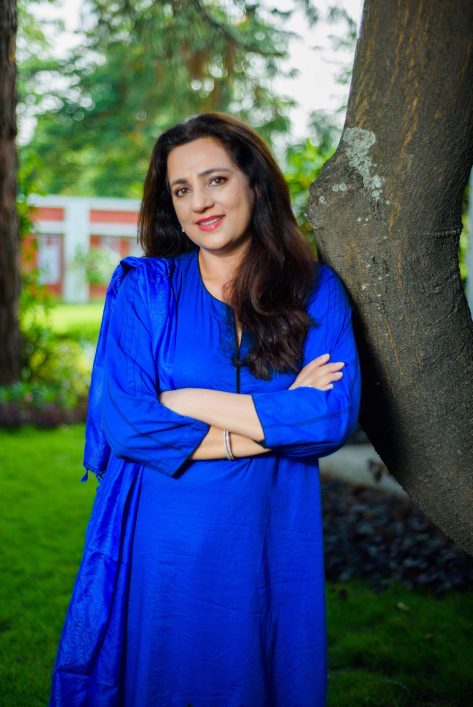About Tarana
Dr Tarana Husain Khan is a writer and cultural historian with a passion for exploring the intersection of gender, history, culture, and oral history. Her writings based on extensive research on the oral history and culture of the erstwhile princely state of Rampur have been published in prominent media outlets such as Al Jazeera, Eaten Magazine, Scroll, Bruit, Open Magazine, The Wire, and in the anthologies Desi Delicacies (Pan Macmillan, India) and Dastarkhwan: Food Writing from South Asia and Diaspora (Beacon Books, UK).
Dr Khan is the author of critically acclaimed, bestselling historical fiction, ‘The Begum and the Dastan’ which won the prestigious Kalinga Literary Award for fiction, was shortlisted for the Women Writer’s Award by She The People, and longlisted for the Auther Award. Her book on Rampur cuisine, Degh to Dastarkhwan: Qissas and Recipes from Rampur has been published by Penguin Random House India. She has co-edited and contributed to an anthology of food writings, Forgotten Foods: Memories and Recipes from Muslim South Asia published by Pan Macmillan India.
Her research article Narrating Rampur Cuisine: Cookbooks, Forgotten Foods and Culinary Memories was recently published in the Global Food History Journal. She has also curated and contributed to a highly popular series ‘Forgotten Foods’ in Scroll. and wrote a monthly column on Rampur cuisine, ‘Food Fables’, in DailyO.
She is currently working on a Research Fellowship at the University of Sheffield for an Arts and Humanities Research Council-funded project, ‘Forgotten Food: Culinary Memory, Local Heritage and Lost Agricultural Varieties in India’. Her ongoing research promises to shed light on gender, food and oral history.
